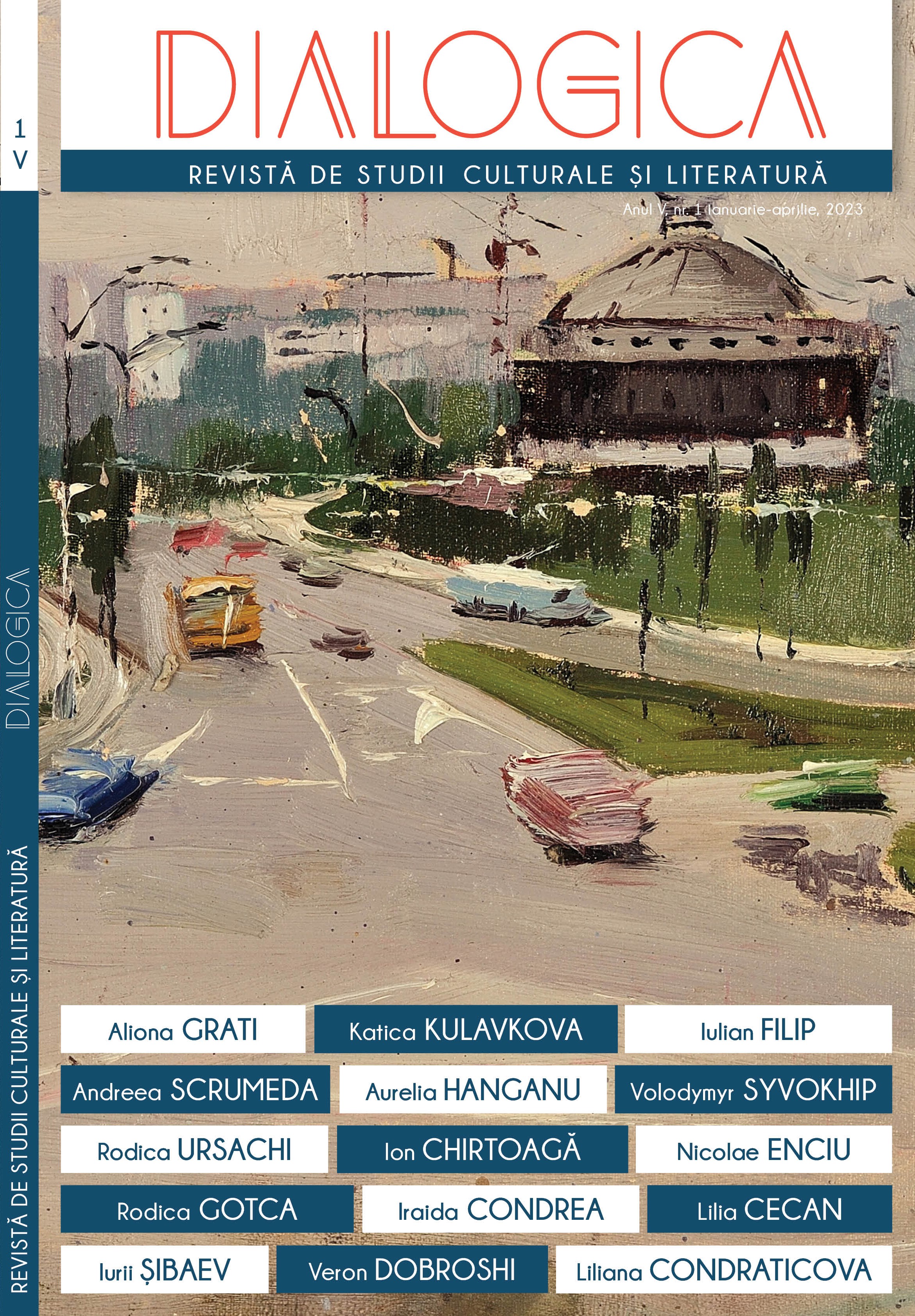The ritual of sacrifice and the economy of violence
The ritual of sacrifice and the economy of violence
Author(s): Katica KulavkovaSubject(s): Language and Literature Studies, Macedonian Literature, Cultural Anthropology / Ethnology, Studies in violence and power
Published by: ArtPoligraf SRL
Keywords: scapegoat; ritual; sacred; profane and ambivalent violence; economy of violence; evilgood; King Marko; Cepenkov; Yourcenar; Girard; Sophie’s Choice;
Summary/Abstract: Mythical and historical memory are two sides of the same reality. Folk legends remind us that there are great tragedies behind great epic heroes and mythic deeds/images. Hidden behind the monumental cultural, literary and artistic legacy lies shocking ritual violence with its deep logos. Sacred and profane violence have many variants and should thus be interpreted with great attention (semantic, semiotic, historical, cultural). The question of the economy of violence is of prime interest because of the wide array of personifications of violence: necessary, moderate, excessive, limitless, absolute, intentional and unintentional. The figure of the scapegoat changes, but not its role in the ritual of violence. The mythical memory of the Macedonians is sensitive and has the capacity to mystify and demystify historical stories. The Macedonian oral literature has preserved numerous legends, stories and poems which evoke the motif of sacrifice, both in its archaic ritualistic form (walling up a live woman in the foundations of bridges) and in its feudal historic forms of social and cultural politics. The focus of this paper will be the legend of King Marko (1335–1395) written down by Marko Cepenkov (1829–1920), and some other literary examples. It will also make a basic classification of violence (ritualistic, necessary, unnecessary and absolute).
Journal: DIALOGICA Revistă de studii culturale și literatură
- Issue Year: V/2023
- Issue No: 1
- Page Range: 13-19
- Page Count: 7
- Language: English

